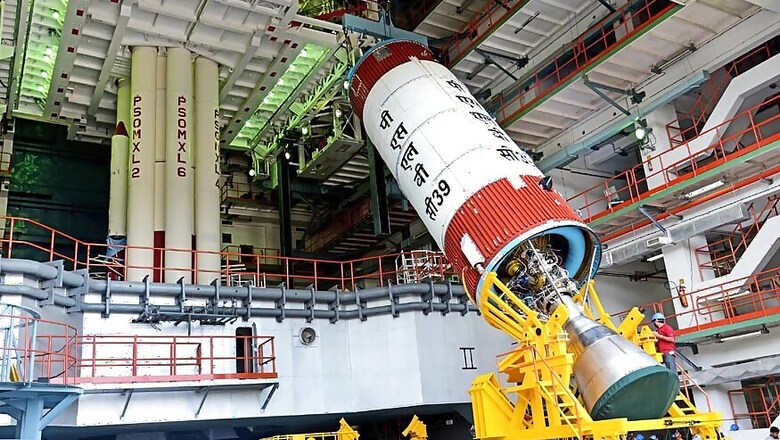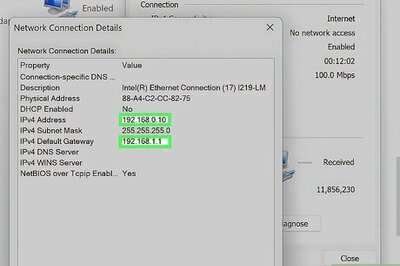
views
The Indian Space Research Organisation suffered a rare failure on Thursday as India’s latest navigation satellite, being carried by the Polar Satellite Launch Vehicle, failed to deploy after lift-off from the spaceport of Sriharikota.
Addressing mediapersons after the launch, ISRO chairman AS Kiran Kumar said the PSLV C39 stumbled in the fourth and last stage in which the launcher had to release the satellite into the orbit.
“IRNSS-1H mission has failed as the heat shield did not open up for the deployment of the satellite,” Kumar said. The shield of a satellite is meant to protect it from the heat generated by the friction against atmosphere during take-off. Once a satellite is placed in the orbit, the shield is expected to separate and fall off.
Navigation satellite 'IRNSS-1H' was meant to augment the existing seven satellites of the NavIC constellation to give India its own GPS services on a par with the US and Russia.
This is the first time since 1997 that ISRO has had a failed launch. It had a spree of 37 straight successful PSLV launches. PSLV is the same rocket that had sent up the moon and Mars missions. It was also used to send the 104 satellites into space on a single launch, a world record. “It's the workhorse rocket that has not failed us in a long long time,” said an ISRO scientist.
The 1,425 kg satellite was built by a consortium of six companies, led by Alpha Design Technologies, a defence equipment supplier from Bengaluru, over eight months. A team of 70 scientists from ISRO had supervised the operations.
IRNSS-1H would have been a backup navigation satellite for IRNSS-1A, one of the seven satellites of the constellation, as its three rubidium atomic clocks on board had stopped functioning.
The Indian Regional Navigation Satellite System (IRNSS) is an independent regional system developed by India on a par with the US-based GPS, Glonass of Russia, and Galileo developed by Europe.
The system that offer services like terrestrial and marine navigation, disaster management, vehicle tracking and fleet management, navigation aide for hikers and travellers, visual and voice navigation for drivers, was named 'NavIC' (Navigation with Indian Constellation) by Prime Minister Narendra Modi.
ISRO had launched seven satellites - IRNSS-1G on April 28, 2016, IRNSS-1F (March 10, 2016), IRNSS-1E (January 20, 2016), IRNSS-1D (March 28, 2015), IRNSS-1C (October 16, 2014), IRNSS-1B (April 4, 2014) and IRNSS-1A on July 1, 2013. According to ISRO officials, the total cost of all the seven satellites was Rs 1,420 crore.




















Comments
0 comment